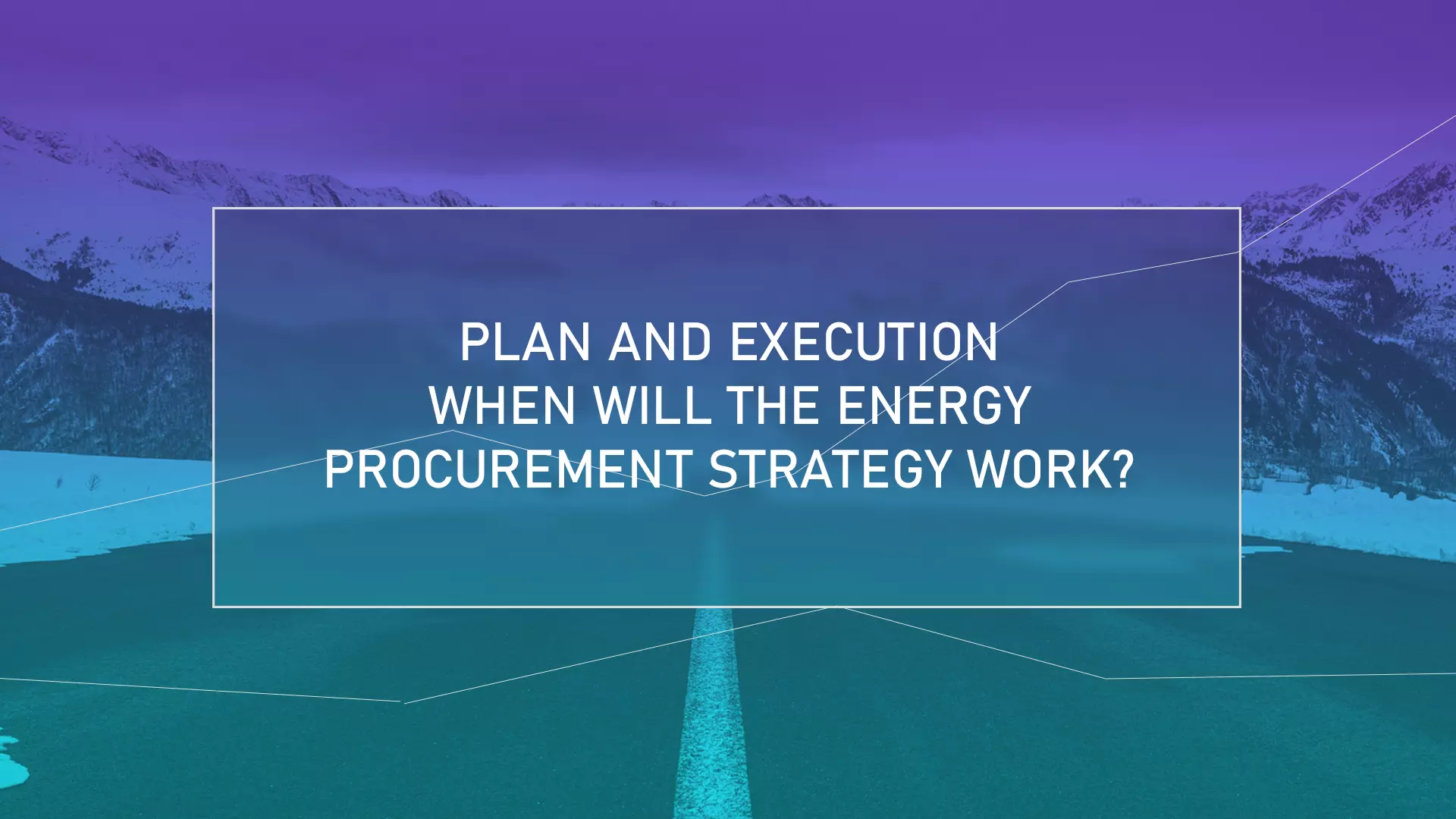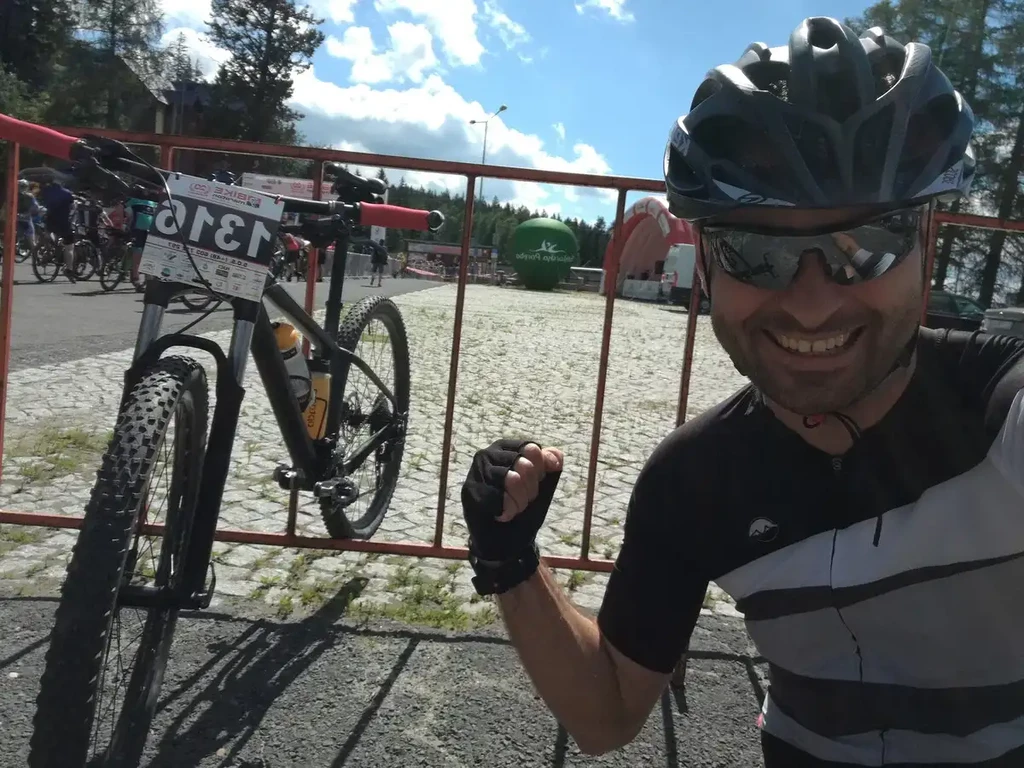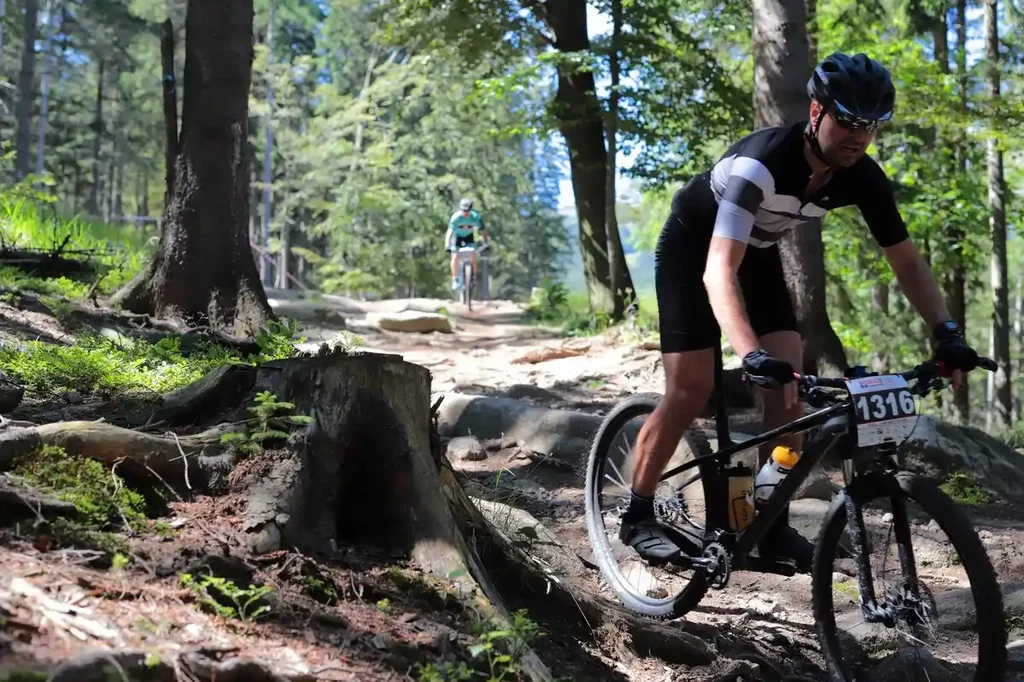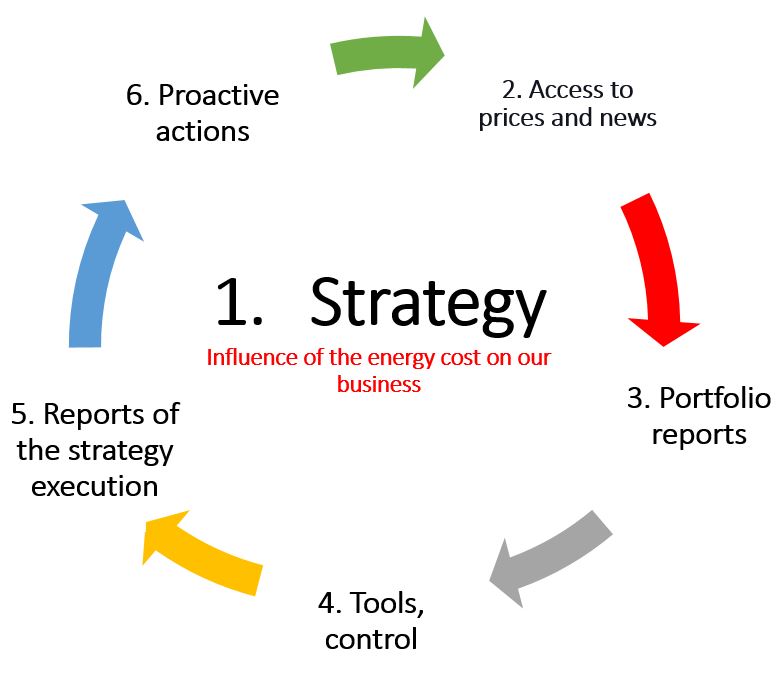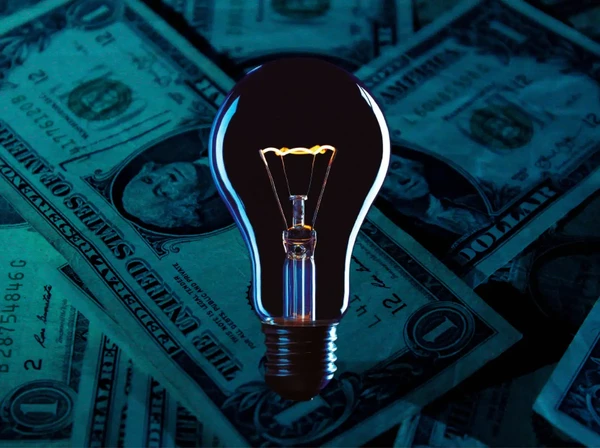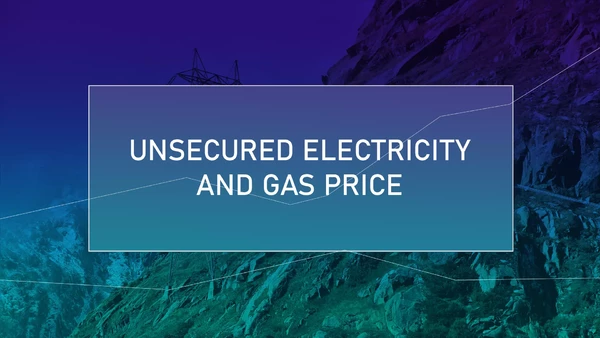Almost 50km, 1635m of elevation and over 4 hours of riding. Result as planned. The bike and I arrived in one piece, because as some people say - in MEGA Ultra in Szklarska, it is not the place that counts, but reaching the finish line;) Karkonosze are probably my favorite mountains to ride. The Giants bicycle range is amazing! I highly recommend!
But let's go back to the preparation, i.e. to the plan.
In the previous post, Wojtek mentioned such an important element as the energy procurement strategy.
Can the strategy not work as in the title? If we follow the guidelines scrupulously, it will work for sure, but remember that the results of this action may turn out to be inadequate, inconsistent with our business goals.
I will mention a few more situations where the strategy does not bring a satisfactory effect:
- Poorly defined goals
- Inadequate means for its implementation
- Lack of control over individual stages and tools for proper assessment of the situation.
I like the analogy to amateur and professional riders. During my starts in MTB marathons, I know that I am an amateur. When the top riders finish the race, I am sometimes in the middle of the route. Does it worry me? No! Although my Krakow flair tells me that I can do it faster, further, higher 😉
My primary goal is to finish the race. I know I won't be on the box. Only second is time improvement, if at all.
I must take pleasure in this above-average fatigue.
If I had assumed in advance that I would be in the top ten, it would be not only naive but also out of touch with reality.
It is similar in my work. When helping various companies to buy electricity and gas, I sometimes hear from customers that if we spend several or tens of millions on energy, we should fight the market, we should expect non-standard conditions from sellers. Some even believe that over the years they have earned a special place among their seller's customers. And it probably is, but fighting a market or conditions well below the market are rather unlikely situations.
OBJECTIVES
First, let's define our most important goals that we should achieve while implementing the strategy. Since these are to be the most important of them, I suggest you focus on no more than 3 goals. This could be a reference to market prices, budget, competition, savings on electricity and natural gas year on year, etc. Consider that different industries, different companies may have different goals - and that's ok! It is also a mistake to assume that we want to buy at the lowest moment, because what does it mean at the lowest point if the future is impossible to predict?
Now that the goals have been set, it is time for the means to achieve it.
MEASURES / TOOLS
When I plan to participate in the MTB marathon, I don't get on a city bike. It does not make sense. If I have to go not only uphill, but sometimes sharply downhill, I have to trust my brakes, etc.
My energy procurement and risk management strategy will also have the appropriate "brakes" and fuses built in. Checked before implementation (race). After all, I need to know as well as in a marathon that if the environment changes, I will want to react quickly, that if I put the brakes on, it will work and I will not land on a tree! Knowing the market is as important as knowing your own organization from the point of view of the relation between the cost of energy and the influence of your financial results, impact on product you sell etc. It's worth knowing your basic limits. One of them will be a budget, which will not be an amount to be executed, but something we want to avoid, such as a "stop loss". That's why I use a heart rate monitor, so that I know when to let go when climbing, I know my maximum heart rate and I know that I have to move below its level.
As in cycling, we use different styles of riding, and in the purchase of electricity and natural gas, we make a decision differently when going uphill (when we are dealing with an upward trend) and differently when we ride flat or when we are running down the slope.

